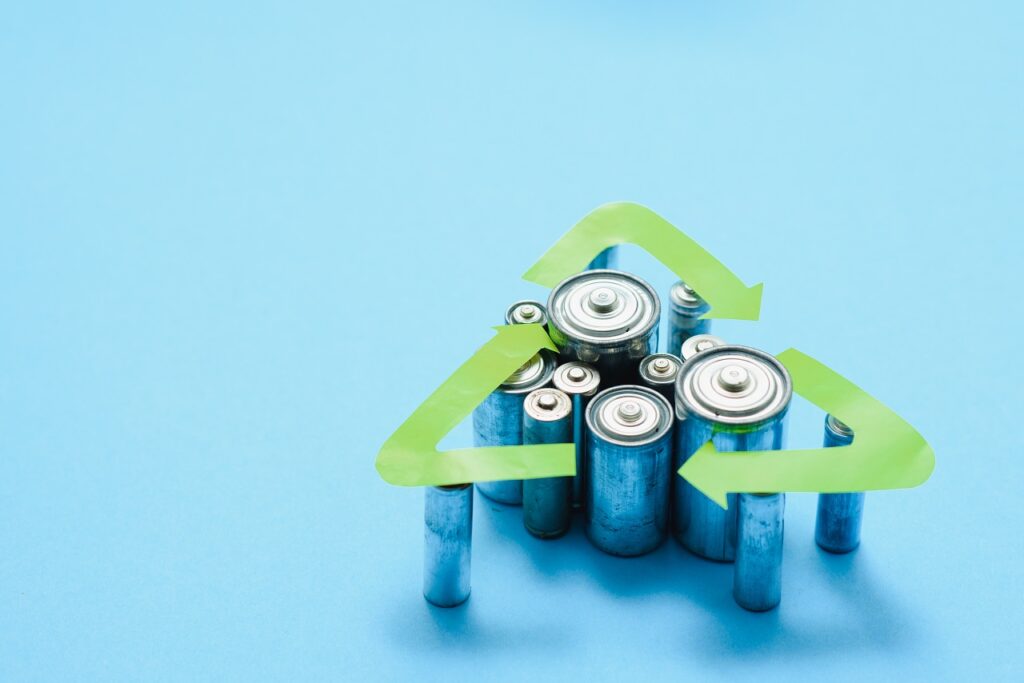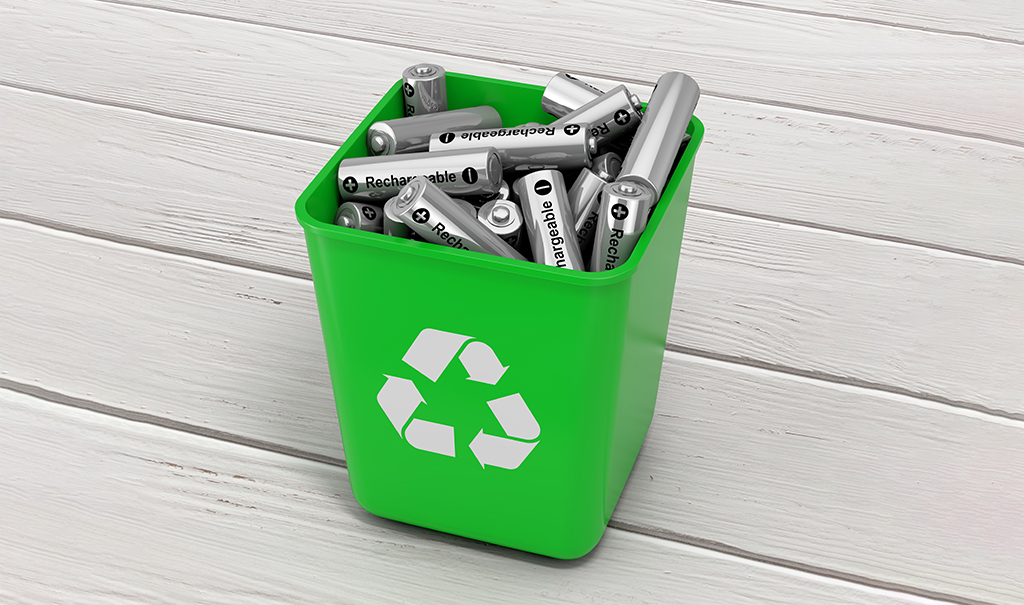Recycling of Li-ion batteries
Recycling of used lithium-ion batteries is a practice that is picking up pace in recent times as it offers a greener and more efficient solution for e-waste management and can contribute to the production of newer batteries. Lico is one of the few companies in India that is contributing to a greener future through battery recycling. E-waste management is also gaining major significance due to the many threats e-waste poses to the environment. As technology progresses, the amount of e-waste that is produced has also increased, and it is imperative that it is managed properly.
The Government introduces a new policy
Battery recycling is a part of e-waste management and is actively being promoted by the government. Battery Waste Management Rules 2022 is a new act that the Environment Ministry of India has introduced to ensure that used batteries are collected, segregated, transported, and recycled in a standardised and eco-friendly manner. They have also introduced Extended Producer Responsibility (EPR) which is a mandate for battery producers and importers to ensure that used batteries are collected, transported, and recycled appropriately and that recycled components are utilised for the production of new batteries.

Increase in lithium demand
India is a booming market for EV production, and it is about to get even more lucrative as the government plans to encourage and give more growth to the market. The use of lithium-ion batteries is also on the rise due to their efficiency in energy storage and physical space, which has made them favourable for use over other types of batteries. The demand for lithium has increased significantly over the years as most electronics run on lithium-ion batteries. India has relied heavily on imports to supply the demand for lithium and has long been in search of an alternative.
Lithium discovered in India
5.9 million tonnes of lithium was recently discovered in Jammu & Kashmir in India and this reserve can be a game-changer for the lithium-ion battery industry. It has the potential to help India drastically reduce its dependency on imports and position itself as an exporter in the global market along with China, Australia and Chile. What remains to be seen is if the reserve is suitable for production and other uses. It can be crucial in building a circular economy for lithium-ion batteries. However, we must understand that we are at least 8 years away from being able to extract the found lithium from its natural form.
Lico Materials’ vision for the future
Lico Materials aims to create a circular economy for the battery recycling industry that replaces the end-of-life concept with restoration and aims to eliminate waste. We aim to achieve that by reducing greenhouse gas emissions and the excessive exploitation of natural resources, reusing and dematerialising products, and selecting energy-efficient and non-toxic manufacturing and recycling processes.
Conclusion
Lithium-ion battery recycling in India is a priceless opportunity because there is a need for an efficient and eco-friendly solution to meet the high demand for lithium-ion batteries and this initiative is being massively helped by a number of new discoveries and government policies. The discovery of Lithium reserves is great news for the country but till we are able to extract the same, recycling can help in bridging the gap between supply and demand in our country.


